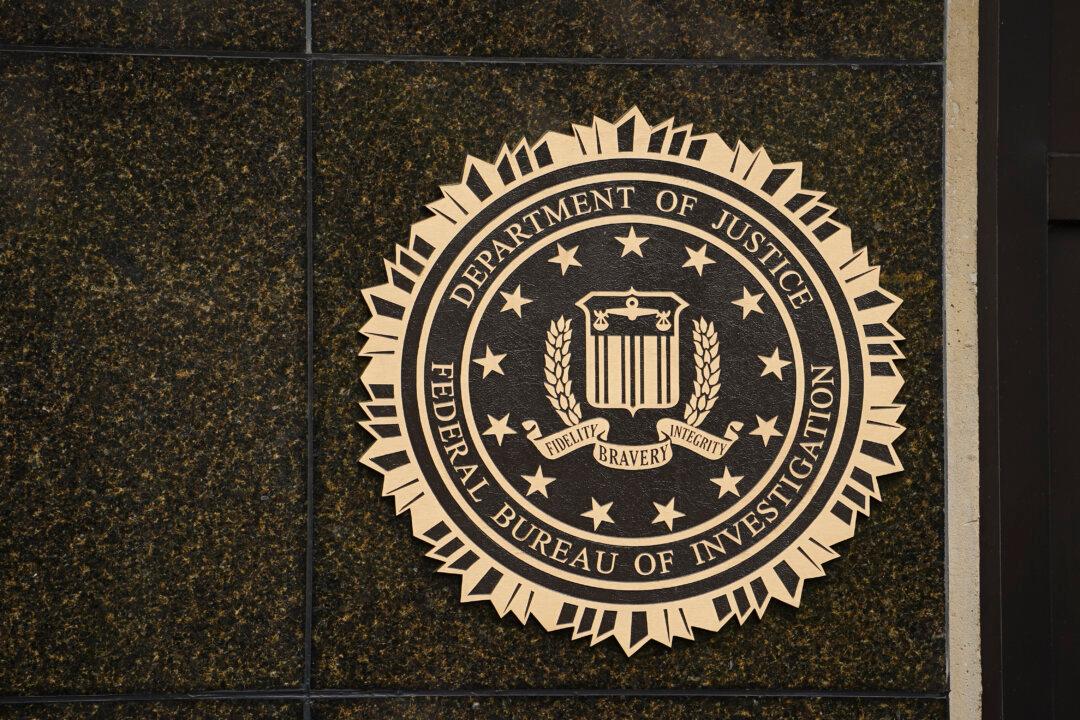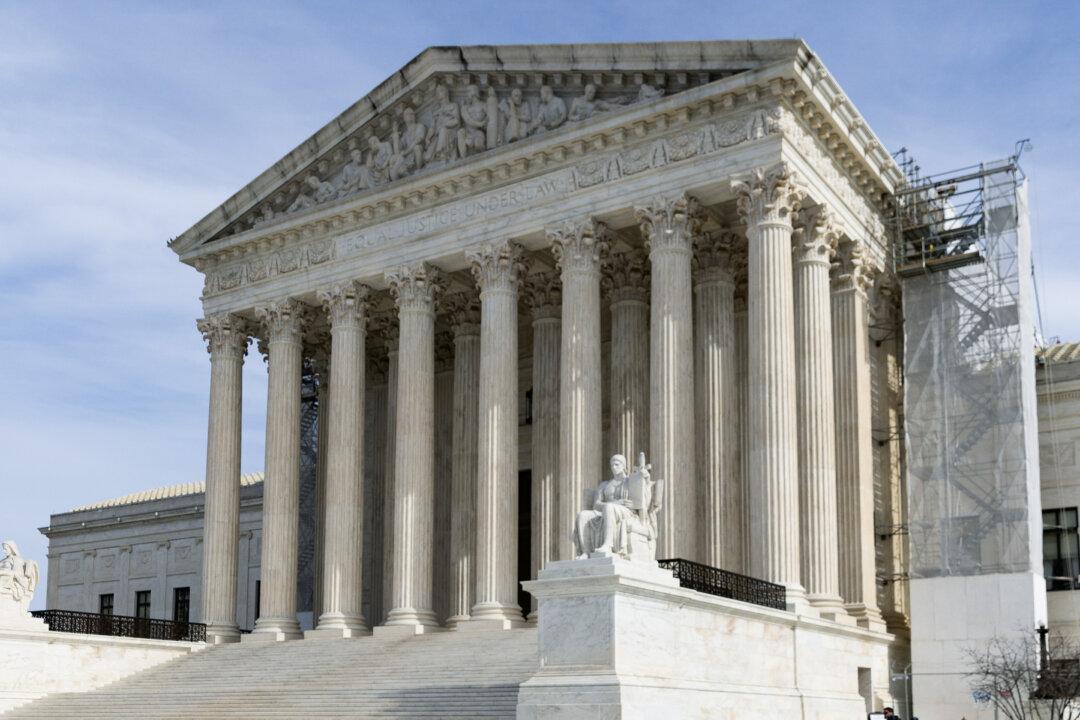Commentary
Just 10 days after federal Judge Terry A. Doughty issued a stirring Independence Day injunction freezing government speech-policing efforts in the landmark Missouri v. Biden case, an appellate court temporarily stayed his order, restoring the fed-led censorship apparatus.





